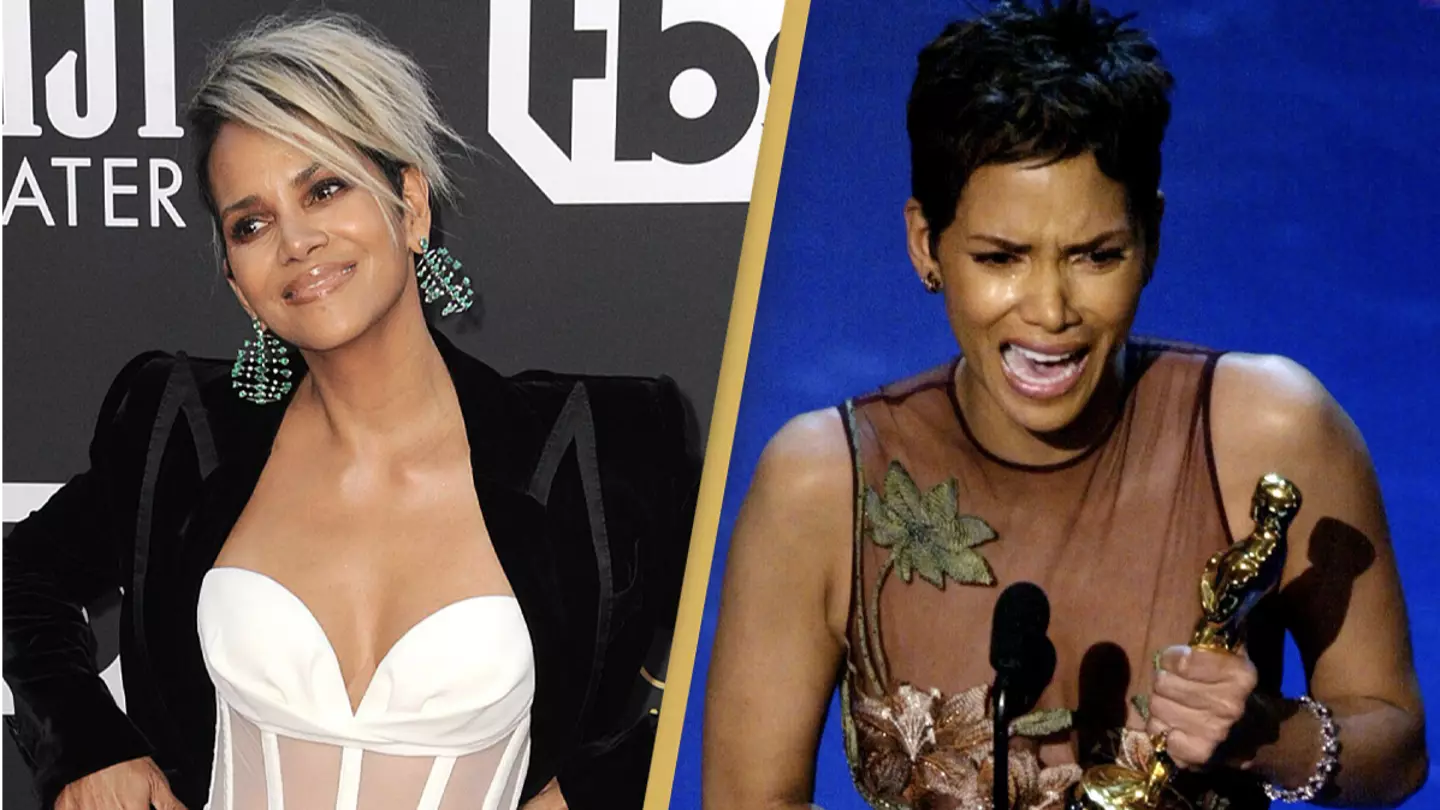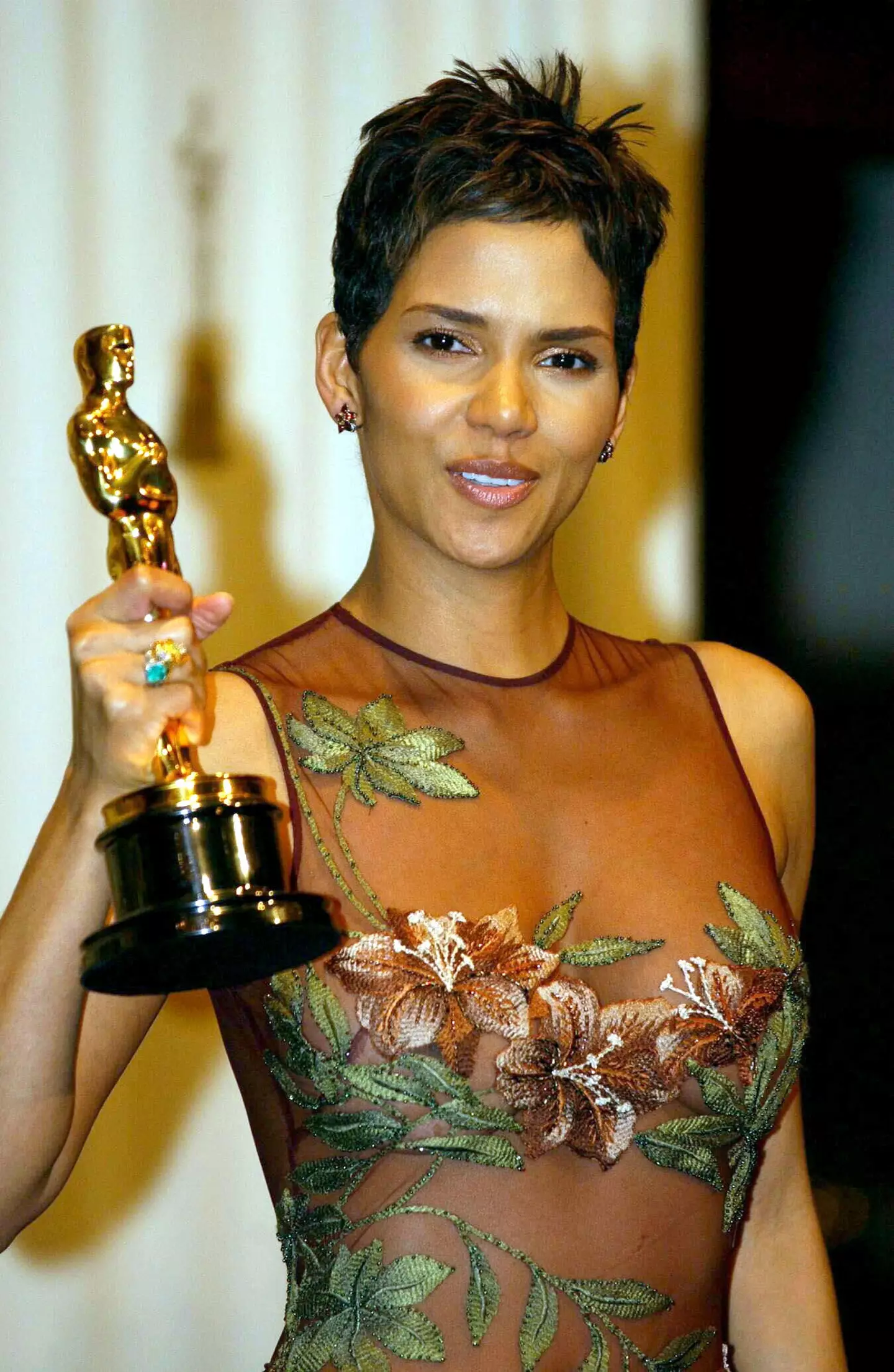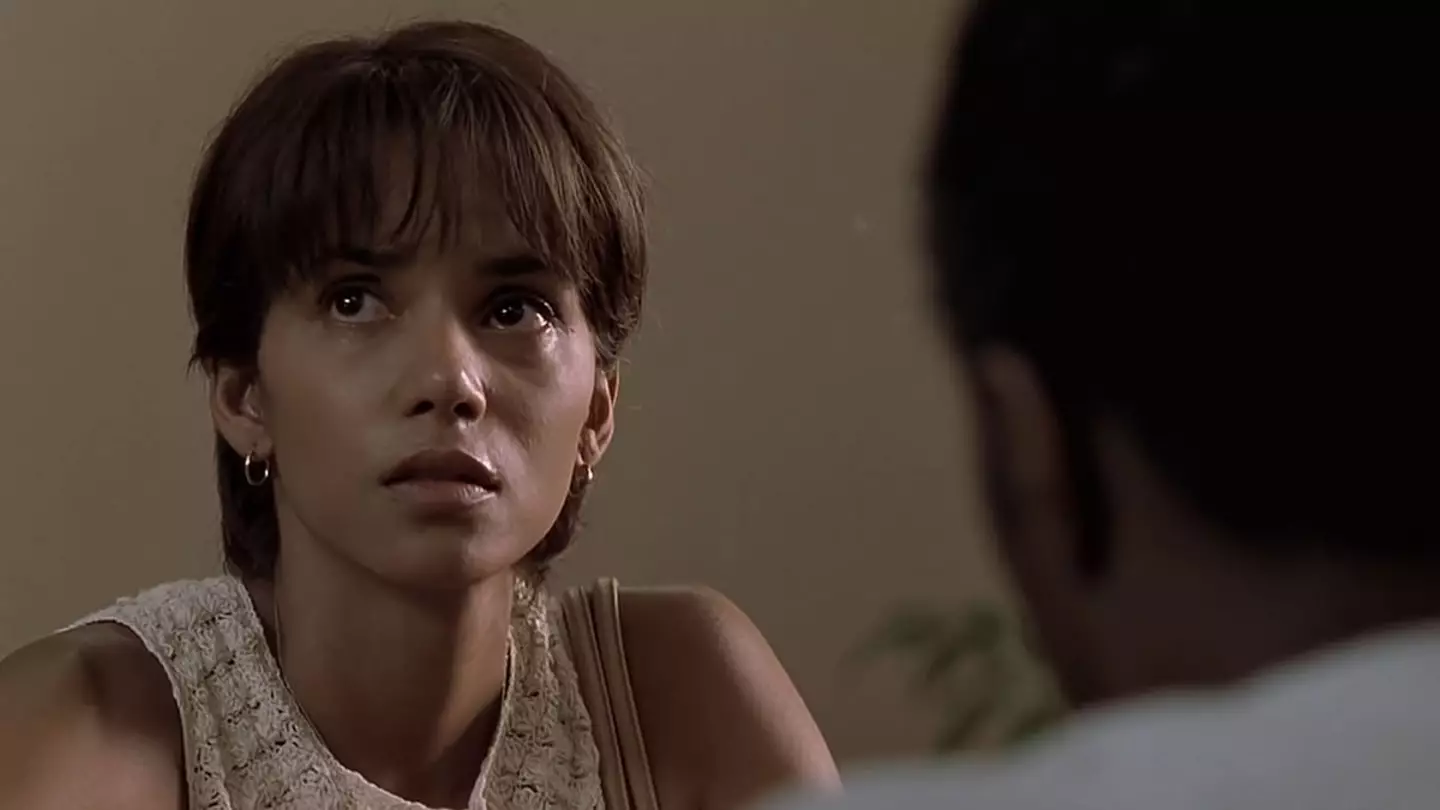
Halle Berry has expressed her sadness at being the only Black woman to have won the Best Actress Oscar, saying it is ‘heartbreaking’ that her success did not pave the way for others as she had hoped.
Berry, 55, won the accolade for her performance in gritty 2001 film Monster’s Ball, which saw her portray struggling widow Leticia Musgrove as she unknowingly befriends one of the men involved in her husband’s execution on death row.
She dedicated the historic win to Dorothy Dandridge, who became the first African American woman nominated for Best Actress back in 1955, and to other previous African American nominees including Diahann Carroll and Angela Bassett – saying: “This moment is so much bigger than me.”
She added: “It’s for every nameless, faceless woman of colour that now has a chance because this door tonight has been opened.”
Advert

However, in a new interview with The New York Times, Berry has reflected on how the award was not followed by the change that she dreamt of, with just 12 other Black performers having won Oscars in the 20 years since that day. No other Black woman has been named Best Actress since Berry, and it took eight years since her win for another Black female star to even be nominated in the category, when Gabourey Sidibe received a nod for Precious in 2010.
“It didn’t open the door,” she told the outlet. “The fact that there’s no one standing next to me is heartbreaking.”

Advert
Berry went on to emphasise how the fact that no female African American has won the top Oscar in the past two decades shouldn’t take anything away from the success and achievements of Black stars like Lena Waithe and Viola Davis – who she believes are producing ‘miraculous, wonderful work’.
Berry continued: “We can’t always judge success or progress by how many awards we have. Awards are the icing on the cake - they’re your peers saying you were exceptionally excellent this year - but does that mean that if we don’t get the exceptionally excellent nod, that we were not great, and we’re not successful, and we’re not changing the world with our art, and our opportunities aren’t growing?”
Berry also addressed some of the criticism her role faced after the film was released, with academics arguing that the film was voyeuristic towards working class women's sexuality in the context of American race relations. Mia L. Mask, a professor of film at Vassar College and the author of Divas on Screen: Black Women in American Film, said in a 2004 article published in Film Quarterly that the movie was problematic as it reproduced the 'pornographic gaze at the Black female body', in turn 're-stigmatizing Black feminine sexuality'.
Berry said that she was aware of the criticism, but that she would 'absolutely' take the role if she was offered it today.
Advert
“I loved that character from the minute I read the script,” she said. “I thought the story was important, and it touched me. So if I read that today and felt that same way, which I think I would - absolutely.”
Topics: Celebrity, Halle Berry, Film and TV